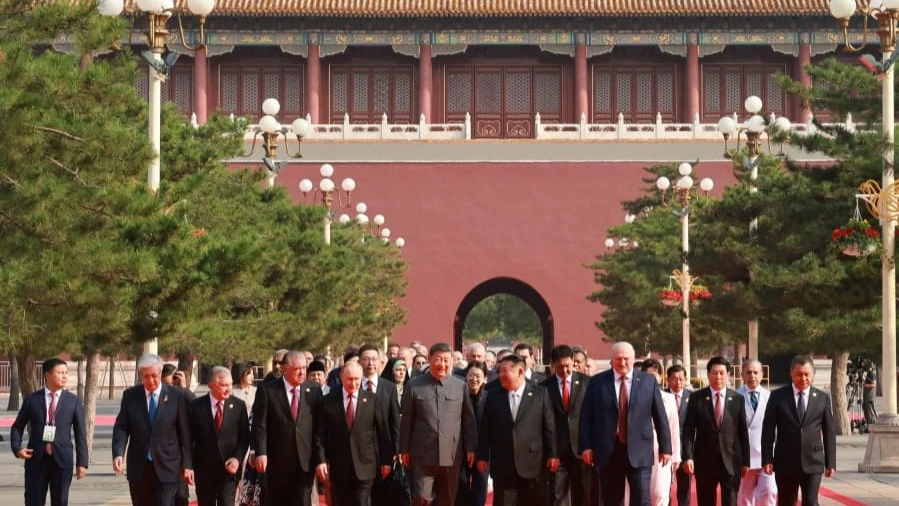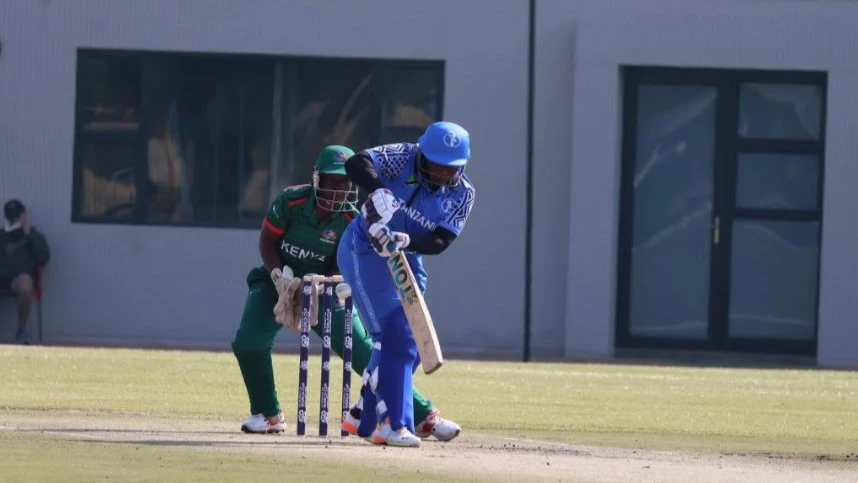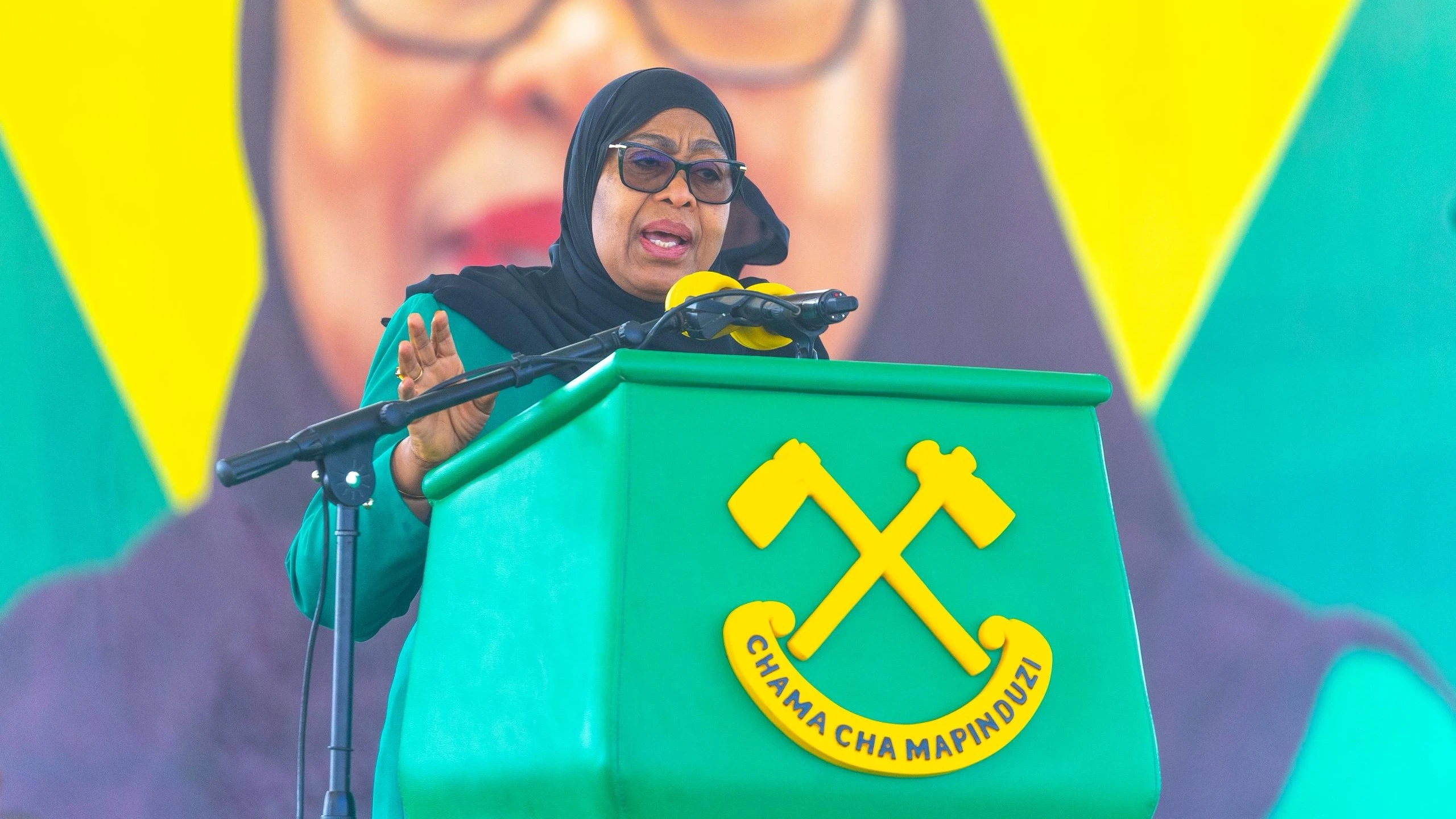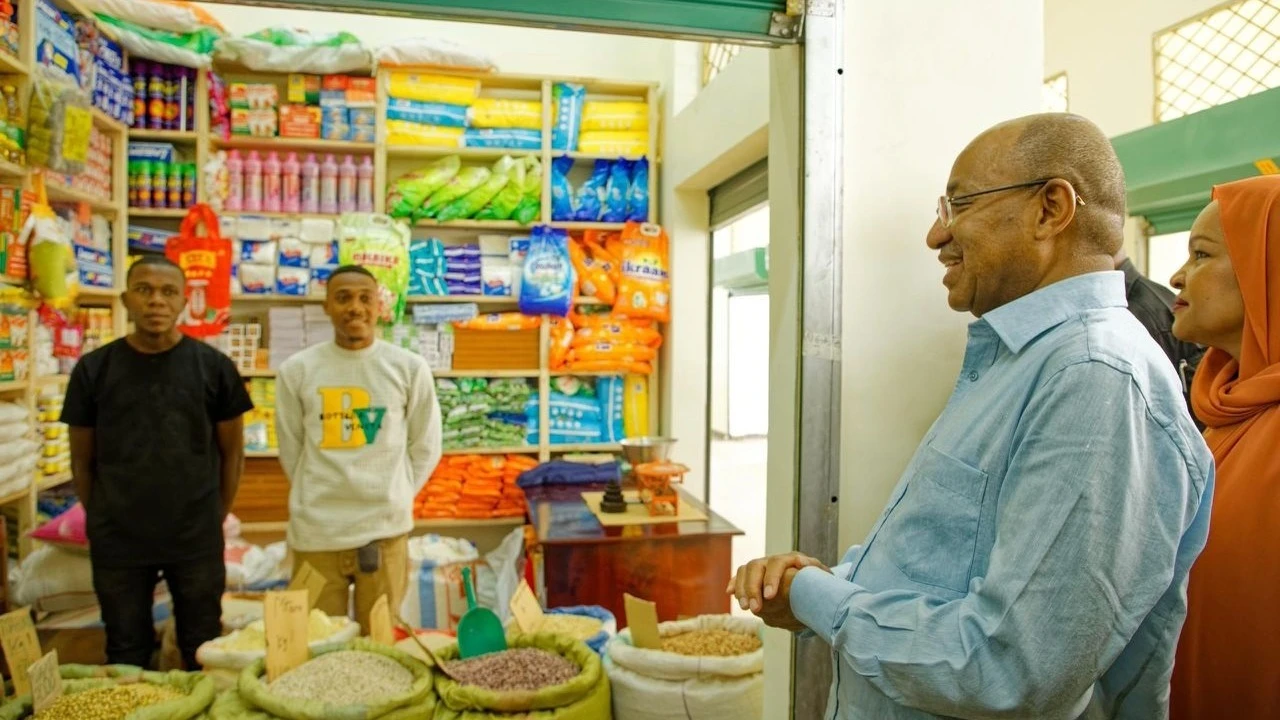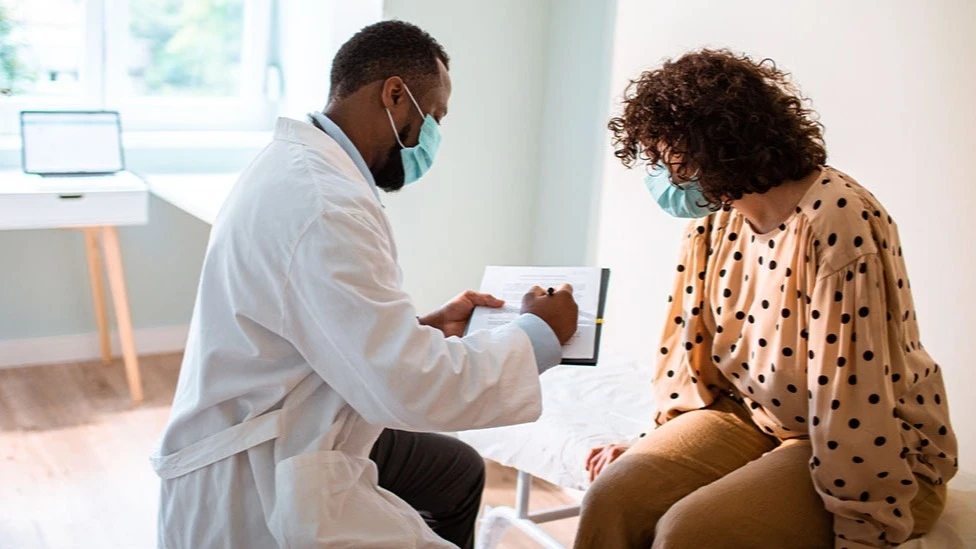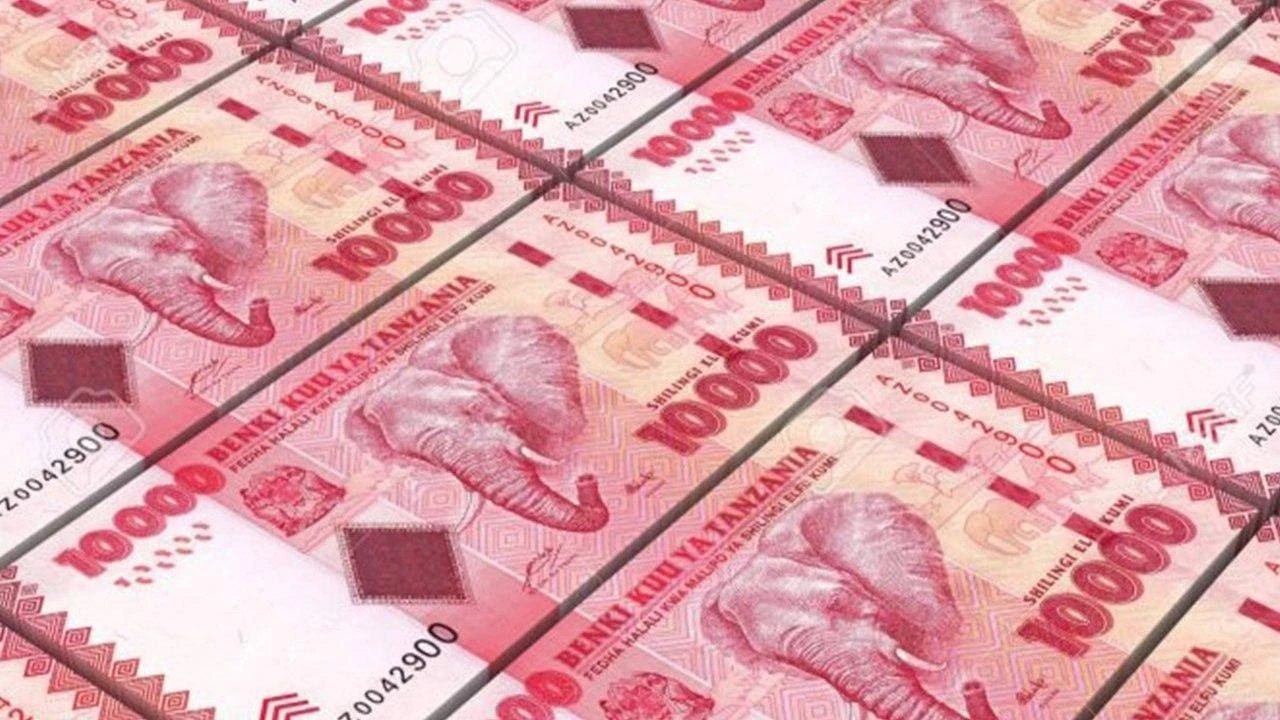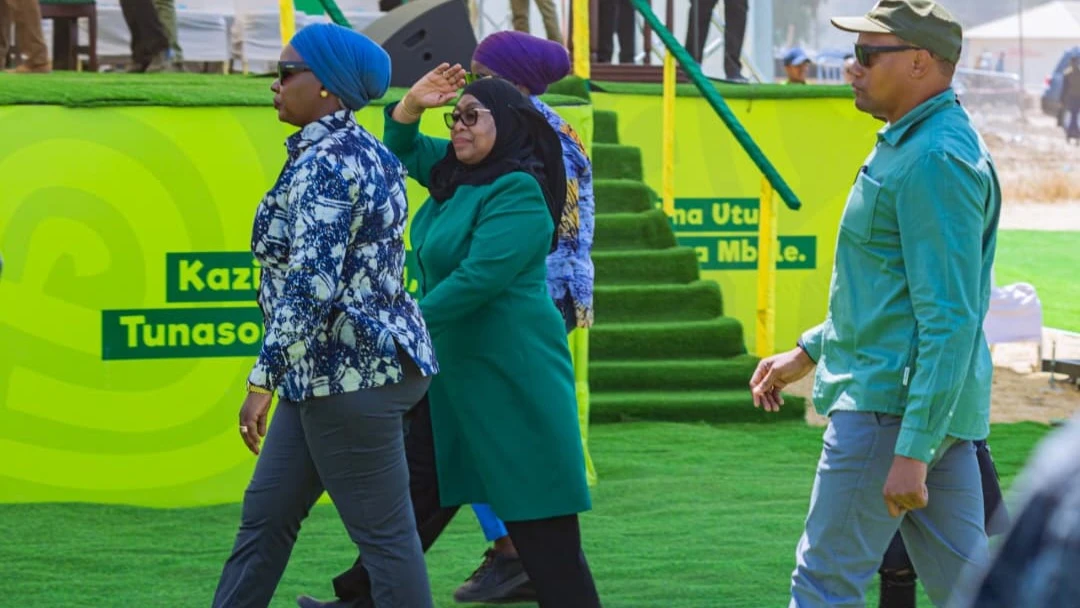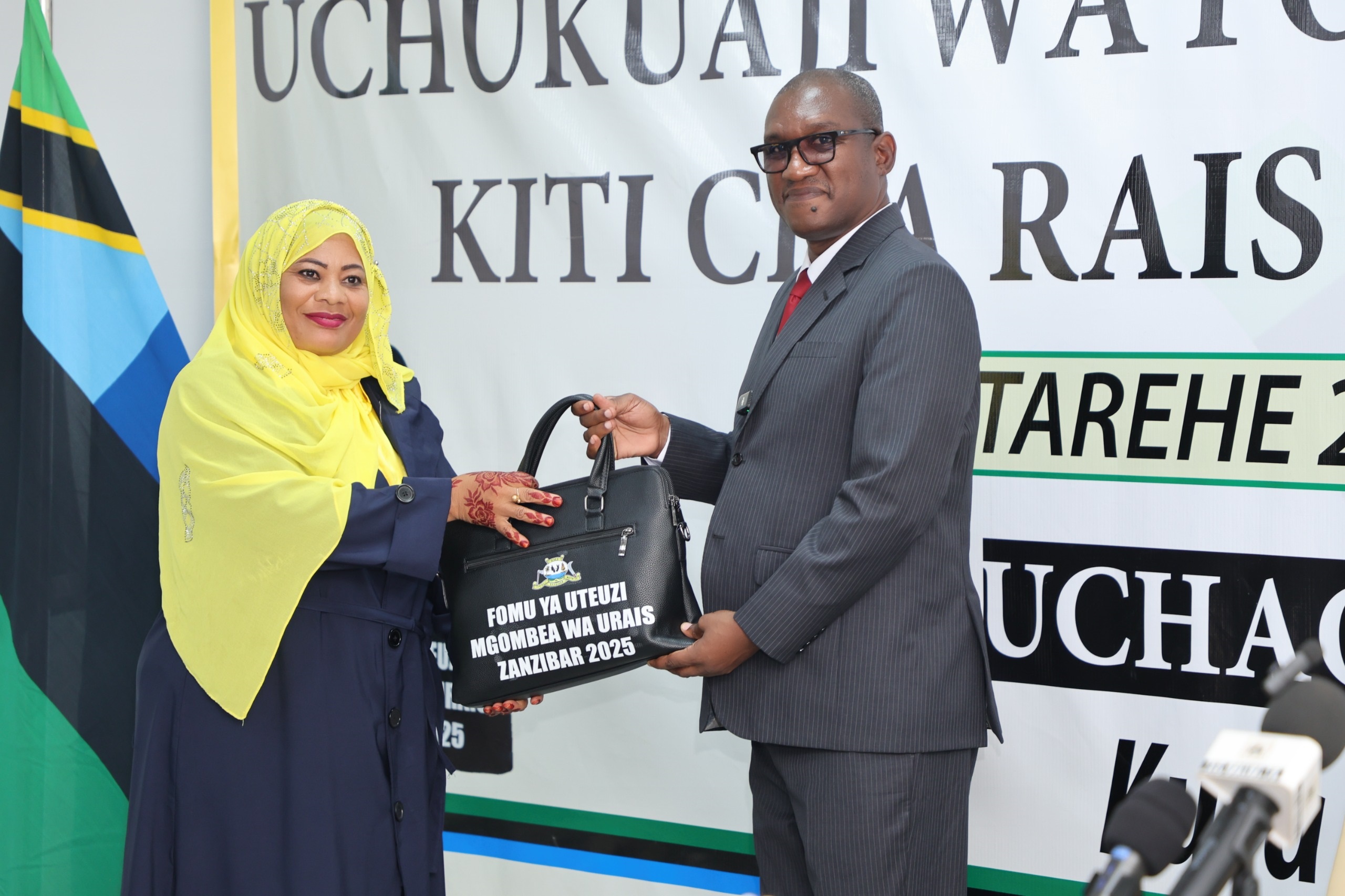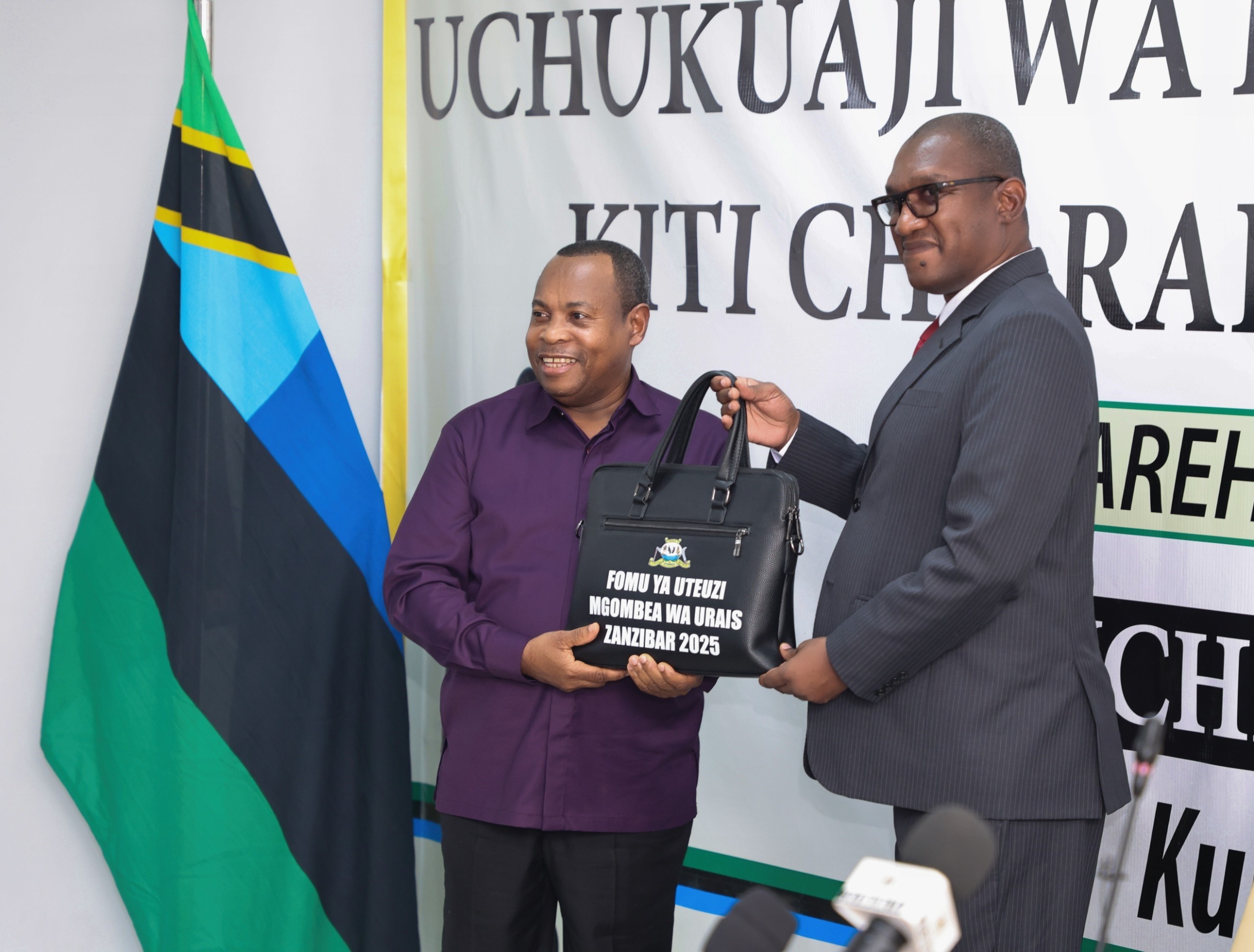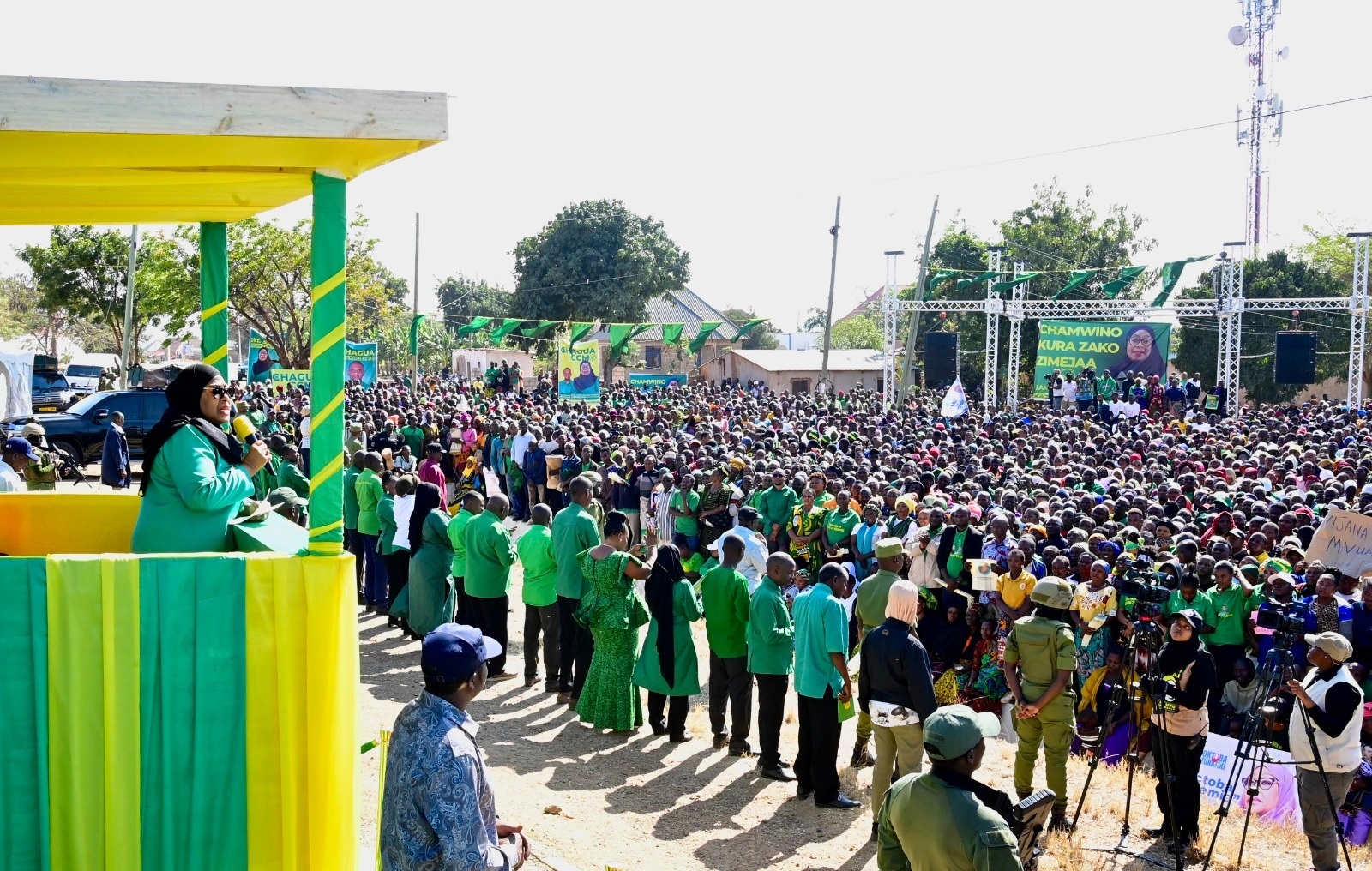Medical visitations yield 166bn/- fiscal 2024/2025
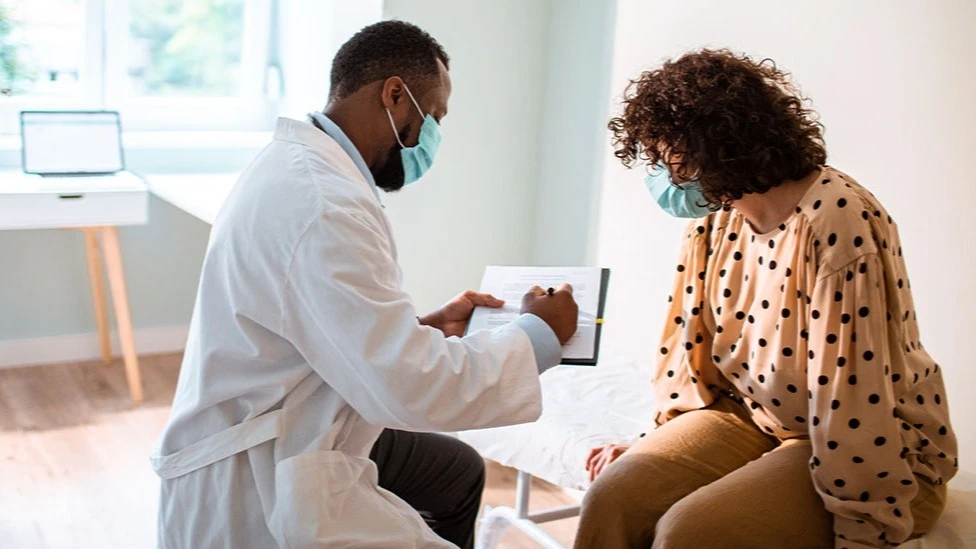
MEDICAL tourism is increasingly becoming a major contributor to the national economy, with 166.5bn/- earnings during the past year.
Vice President Dr Philip Mpango made this observation here yesterday at a foundation stone-laying ceremony for the cancer training and treatment centre, while inaugurating the kidney transplant centre at the Benjamin Mkapa Hospital (BMH).
This achievement follows rapid improvements in the health sector, attracting international patients seeking specialized treatment, such that the number of international patients seeking treatment in Tanzania has more than doubled in the past few years, he said.
Medical visitors into the country stood at 5,700 in 2021 and have already reached 12,180 this year, he said, hailing the role played by BMH as a result of the government’s investment in infrastructure, equipment and specialists at the hospital.
Expansion of specialized and super-specialized medical services at BMH presents Tanzania with an opportunity to attract more patients from neighboring countries, boosting the country’s foreign exchange earnings and uplifting diplomatic ties, he said.
BMH, in collaboration with the private sector or the Dodoma City Council, needs to establish a dedicated accommodation facility for patients and relatives traveling from within the country and abroad, he appealed, urging greater investment in public education to combat non-communicable diseases as a growing health challenge.
Hailing UDOM for successfully securing a 28bn/- project, funded by the Japanese Tokushukai Organisation, to build a state-of-the-art kidney transplant centre, expected to make Tanzania a regional hub for kidney transplants in the sub-region.
Dr Seif Shekalaghe, the Health permanent secretary, said that the government has injected over 1.3trn/- into the health sector, significantly improved healthcare delivery, such that President Samia Suluhu Hassan was handed the prestigious Global Goalkeeper Award by the US-based Gates Foundation earlier this year, recognizing the country’s successes in maternal and newborn care, child nutrition and health achievements generally.
Prof. Abel Makubi, the BMH executive director, outlined the hospital’s advanced services, including kidney and bone marrow transplants, blood screening and treatment, penile transplantation, open-heart surgery, neurosurgery, backbone and tumour treatment, radiotherapy (wave treatments), nuclear medicine and minimally invasive procedures such as laparoscopic and endoscopic surgeries.
Prof. Edward Hoseah, chairman of the BMH board of trustees, appealed to the government to elevate the facility’s status from a zonal hospital to a national hospital, citing its advanced services. BMH similarly needs additional staffing, staff housing and vehicles to meet growing service demand, he stated.
In response, Dr Mpango assured the institution that the government would address the hospital’s challenges as part of its broader commitment to advancing healthcare delivery and strengthening Tanzania’s position as a leading medical destination in the region.
Top Headlines
© 2025 IPPMEDIA.COM. ALL RIGHTS RESERVED








